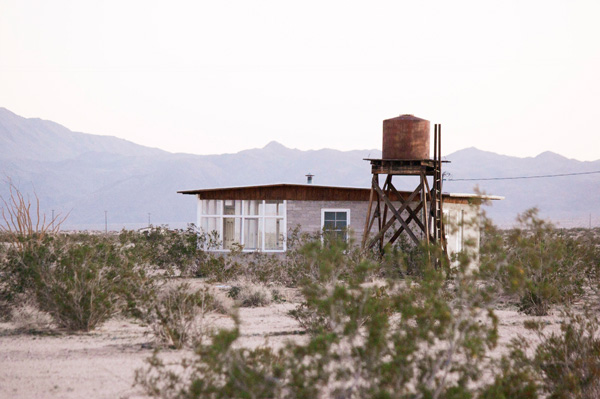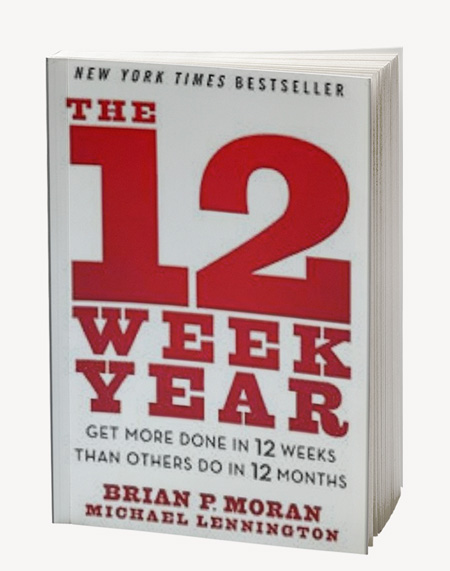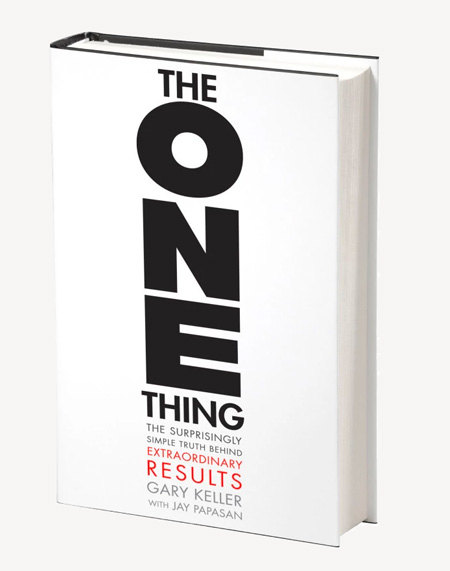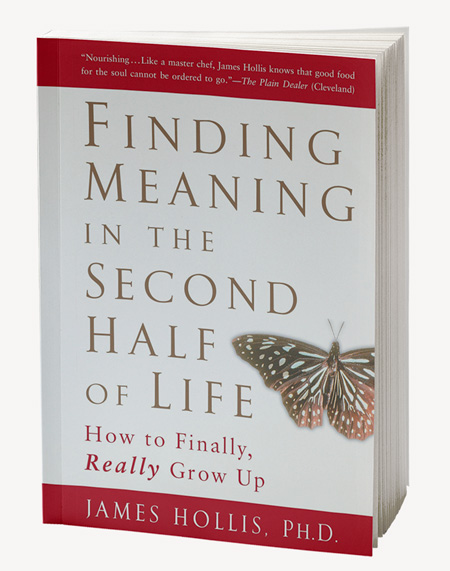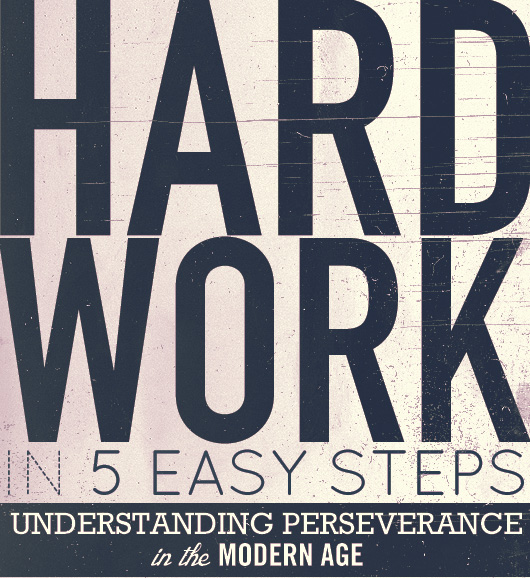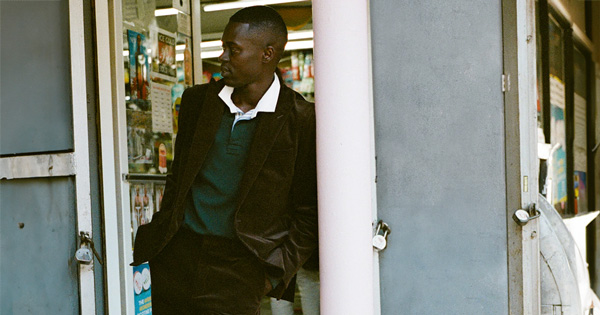
For the last 6 years I've been doing structured year end reflections where I review how the previous 12 months went – what worked, what didn't, what was fulfilling, what wasn't. Here, an original framework I laid out and republish each year. I like the solitude renting an AirBnB provides, but this can be done on a quiet morning between Christmas and New Years just as well.
By Andrew Snavely
When was the last time you set aside time to think? And not like choosing to daydream instead of looking at your phone while waiting at the dentist’s office – but actually planned a solid chunk of time to intentionally think?
This was the question I presented 2 years ago when I first discussed my end of year reflection and goal-setting process in my post 18 Questions I’m Going to Ask Myself About The Last Year.
Up until a couple of years ago, my answer to that question was “I never set aside time to think.” And the reality is, that’s the case for most of us.
Which is crazy when you realize the side effect of that is that we’re all just kind of bouncing around, doing some life thinking in between the obligations and stresses of everyday life. Eventually thinking, “I need to eat better–like wtf,” enough times in micro-doses that hopefully we do something about it.
But what happens when life gets more stressful? And we accumulate more responsibility? And others depend on us for care. And the economy gets rough. And health problems come up. And. And. And.
What happens is that micro-dose thinking gets fewer and farther between, and goes from good ideas to guilt about all the things that have piled up.
So I’ve found an incredibly freeing and inspiring way to combat this is to…plan some time to think.
I rent a cheap AirBnB, preferably one relatively isolated from people, and head out with just my dog Leela for a few days. While my “workcations” started as a quarterly exercise and usually also involve some type of project I’m trying to get work done on, my end of year retreats are a couple days longer and focus completely on deep dives into what I did and didn’t do over the last year, and slowly peeling away at my thoughts to try and get an honest assessment of the path I’m on.
If I feel like I’m heading in the right direction, I make new short term goals for the new year and celebrate the wins.
If I realize I’m feeling lost, I take a hard look at where I’ve become stagnant and start outlining possible shakeups. It’s these times that have really disrupted the homeostasis in my life – when I become aware of where I’ve become too comfortable. Or put a less polite way, when I’ve sunk into some life quicksand.
» Read some of the outcomes of a previous year-end reflection.
This year is especially symbolically significant since we’re coming to the end of a decade. When was the last time you took stock in your journey from where you were ten years ago?
For me, I was 25, living with 2 roommates, in a long term relationship that has since ended, and working at an ad agency while building Primer on the side. There have been incredible changes in my life in the last decade. This year will be a time to celebrate this evolution, and projecting out where I’d like to be in the next 10.
Many men have an innate hero’s instinct. Sacrifice yourself for the benefit of others. But in real world life-and-death moments like trouble on a plane, the instructions aren’t, “Help everyone around you put their oxygen mask on before your own,” Because if you pass out, you can’t help anybody.
That’s something to consider if you’re reading this and thinking, “oh yeah that sounds real nice, guy, but I don’t have extra vacation days and a couple hundred bucks to blow on some me-time. Two families to visit over the holidays, Q4 is the busiest of the year, not to mention how much gifts just cost.”
I completely understand how easy it is to view it as a luxury both from a money and time perspective.
But having done it now 3 times, what if I could promise you this:
Taking a couple of days by yourself to really deep dive into what’s happening in your life and the path you’re on can give you a better relationship with your family. It can change the way and how much money you earn. It can change the amount of time you have to do the things you love.
Because it’s only when we step back to see how we’re living and how we feel about where we’re at that we can prioritize those things that are actually important to us.
But from my own experience, I will warn you: The most rewarding things that come out of exercises like this will be from the realization and acceptance of things with very emotional outcomes. Which is probably why we choose to ignore them as much as possible in our day-to-day life.
In 10 more years, I already know that I will look back and attribute the good things in my life to intentional reflection exercises like these. You won’t regret it.
18 Questions I'm Going to Ask Myself
Each year, I get the gears of my reflection going by asking myself 18 questions. It's intended to be more of a quick brainstorm to get thoughts on paper versus coming up with a definitive Grammy winner-style list. Read more about the rest of the process.
- 3 times that I was excited the most
- 3 times when I was most happy
- 3 times I was the most stressed
- 3 times I did something that scared me
- 3 people that inspired me the most
- 3 people that contributed most to my life
- 3 things I overcame
- 3 frustrations I want to fix
- 3 things I learned about love and relationships
- 3 times I was most proud of myself
- 3 people I could meet that will exponentially affect my life
- 3 things I could learn that will positively affect my life
- 3 times I was anxious and it was an overreaction
- 3 habits that are serving me
- 3 habits that could serve me
- 3 habits that aren't serving me
- Is my current way of thinking taking me where I want to go?
- A check in on these areas of life
Tools to Help
Primer's guide:
How to Get Into Journaling: The One Thing That Can Change Everything
An essential tool for figuring out what's working and what isn't. There's something that makes a thought, idea, or feeling real when you take it from a thought the voice in your head says to being written on paper. Our guide demystifies the journaling process and shuts down any misconceptions you may have.
The 12 Week Year
A structure for establishing and planning important goals for the first 3 months of the year.
The One Thing
The co-founder of Keller Williams Reality helps simplify priorities by teaching you to ask the question, “What is the one thing that would make everything else simpler or unnecessary?”
Finding Meaning in the Second Half of Life
The “second half” here refers to life after childhood, the effects of which can weigh us down long after we've become adults.
What You Measure Gets Managed:
50 Short-Term Goal Examples You Can Actually Commit To That Will Change Your Life
“Lose weight,” or “Have a more fulfilling job,” aren't goals – they're outcomes. Read our complete guide to setting goals that actually help you achieve the changes you're seeking.



